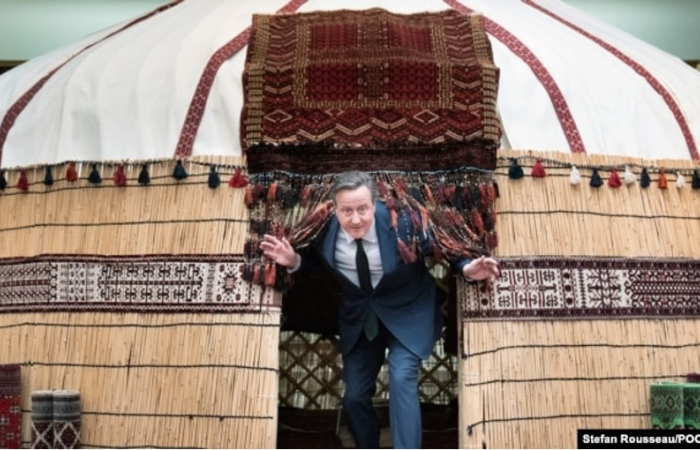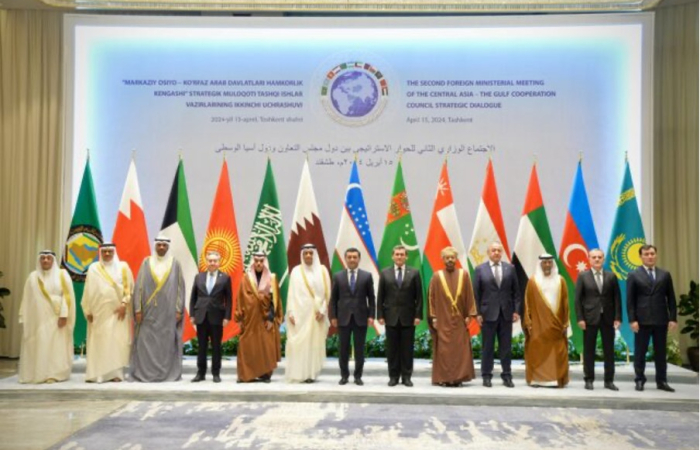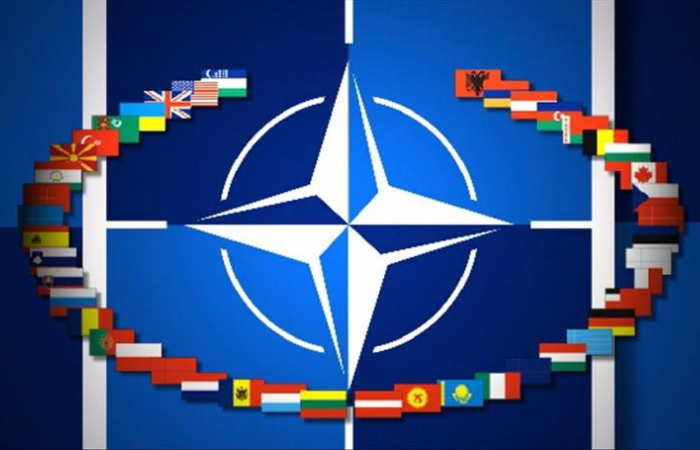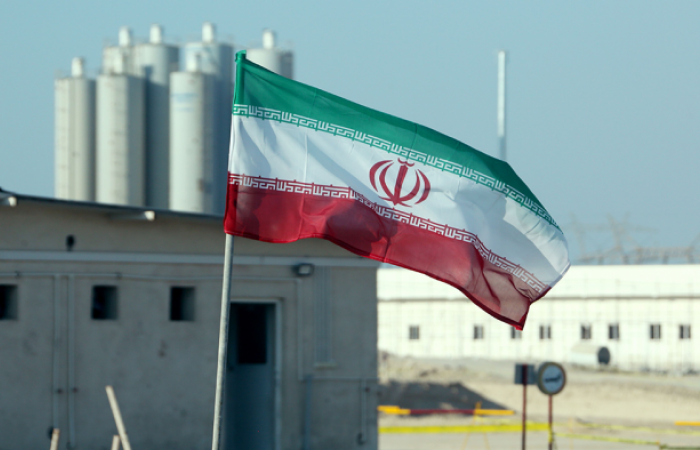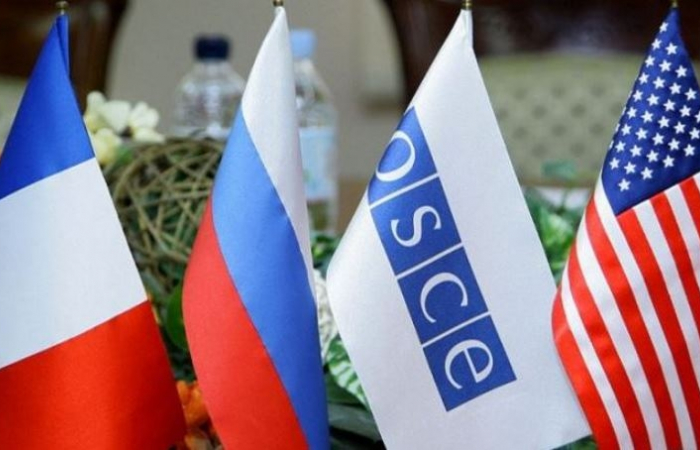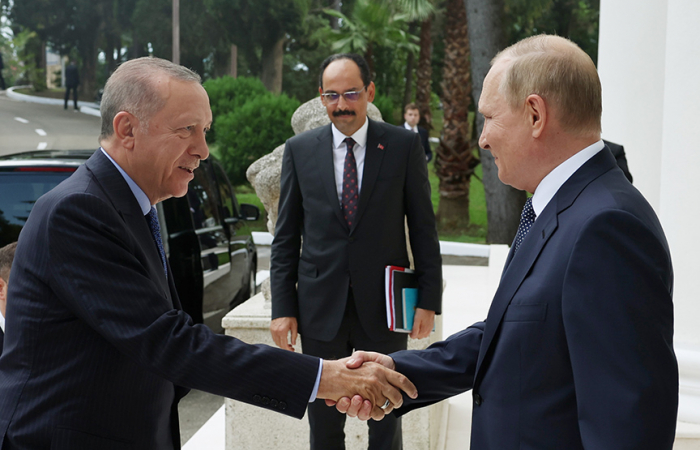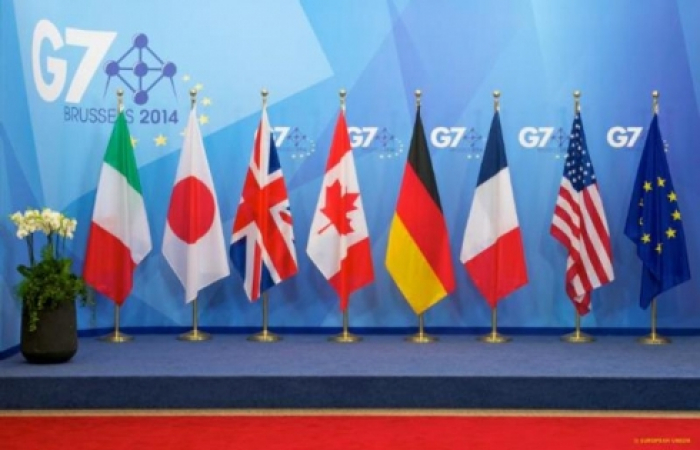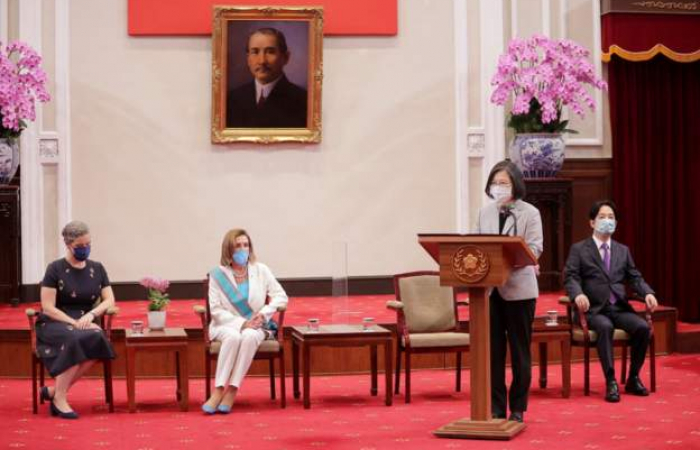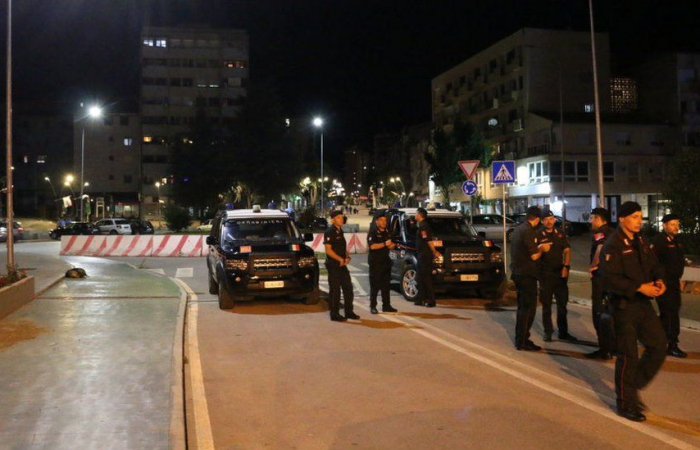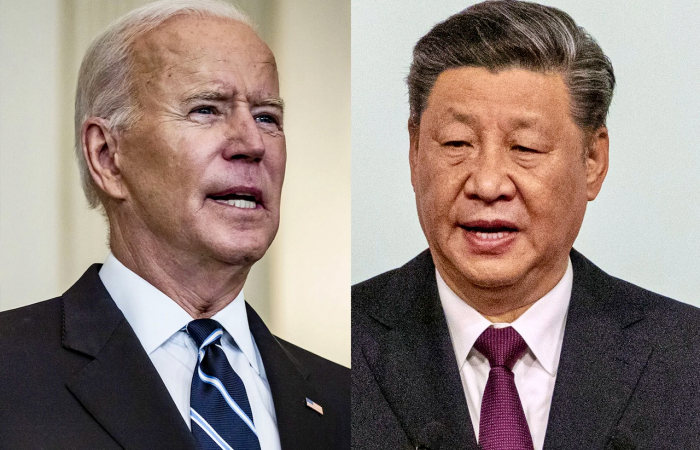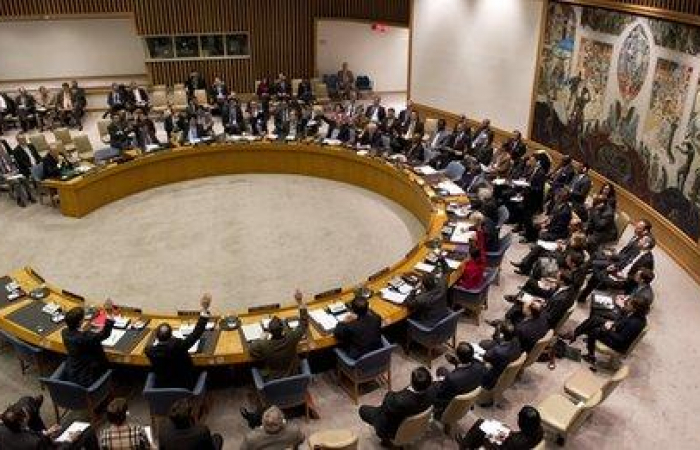Editor's choice
This is a members’ functionality. Please
Sign upNews
Trending
Pelosi vows support for Taiwan during controversial visit
3 August 2022
The Speaker of the US House of Representatives, Nancy Pelosi, has vowed continued American support for Taiwan during a controversial visit to the Island which has been condemned by China.
China considers Taiwan as a renegade province, and the United States, in line with the rest of the international community, has since the 1970s maintained only full diplomatic relations with Beijing, even though it has an informal diplomatic presence on the Island, and maintains with it strong military co-operation. Pelosi, the third highest ranking US official, after the President and the Vice President, made the visit to Taiwan despite concerns from the White House and the US military and security establishment.
Speaking at the presidential palace in Taipei, Pelosi said:
"We will not abandon our commitment to Taiwan and we are proud of our enduring friendship. Now, more than ever, America's solidarity with Taiwan is crucial. And that is the message we are bringing here today."
During the meeting with Taiwanese President Tsai Ing Wen, Pelosi was presented with "The Order of Propitious Clouds", which is a Taiwanese civilian honour. Presenting Pelosi with the Special Grand Cordon, which is the award's top rank, President Tsai said she was awarding it to Pelosi to thank the US for its support.



